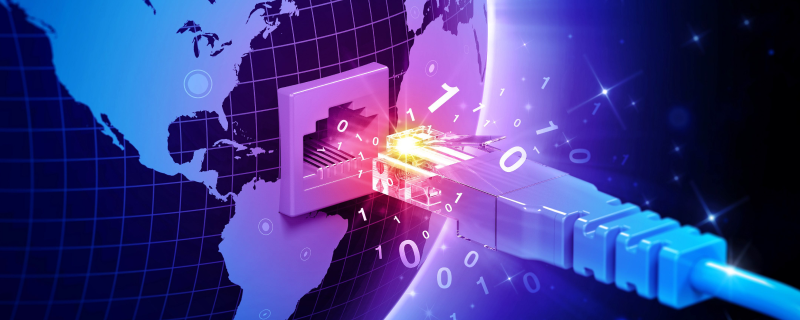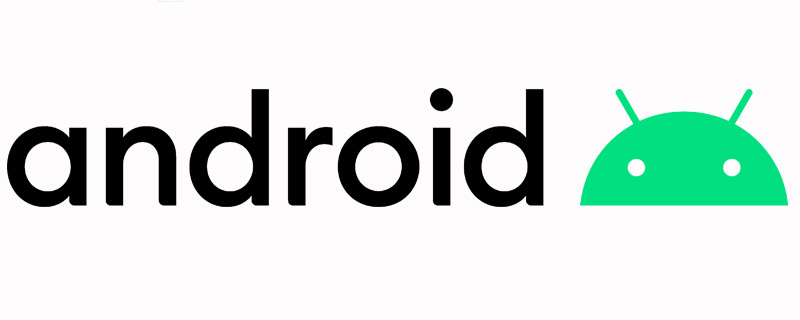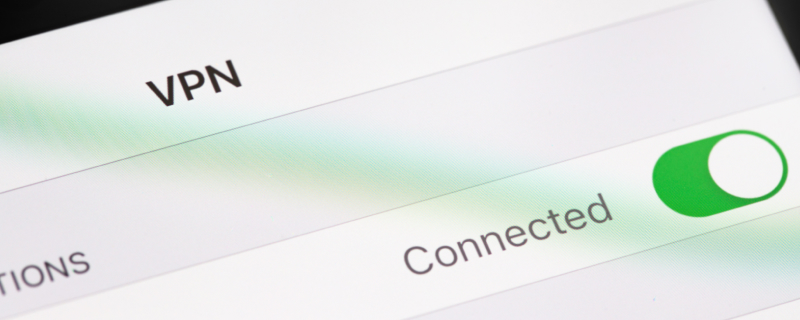
- 6 min read
- Aug 23, 2023

In today’s digital world, online security and privacy are paramount. Both VPNs and proxies offer avenues to navigate the web anonymously, but which one’s best for you? Let’s unpack their differences to help you make an informed decision.
A VPN, or Virtual Private Network, is a service that creates a private connection between your device and the internet. It encrypts your data, ensuring that your online activities remain private and secure from potential eavesdroppers.
A proxy, in contrast, acts as a gateway between you and the internet. It doesn’t encrypt your data like a VPN, but it does change your IP address. Think of it as a middleman that fetches web pages for you.
VPN: Provides end-to-end encryption, ensuring comprehensive data protection. It’s the go-to choice for those prioritizing security.
Proxy: Doesn’t offer encryption. While it hides your IP address, it doesn’t secure the data you transmit.
VPN: Given the encryption and security measures, a VPN might slow down your connection slightly.
Proxy: Often faster than VPNs since there’s no encryption involved. However, high-traffic proxy servers can still reduce speeds.
VPN: With services like GnuVPN, setup is straightforward. Download the app, sign in, and you’re ready to go.
Proxy: Requires manual settings adjustments in your browser or device, which can be a tad more complex for beginners.
VPN: Ideal for maintaining privacy, bypassing geo-blocks, secure online banking, and safe torrenting.
Proxy: Best suited for bypassing simple content filters or geo-blocks on streaming sites.
Your decision hinges on your needs:
Remember, while a proxy offers a level of anonymity, a VPN ensures full-fledged data protection and privacy.
At GnuVPN, we advocate for comprehensive online security. While proxies have their place, VPNs offer a holistic approach to privacy and security. Embrace a VPN to ensure you’re always protected, no matter where your digital journey takes you.



